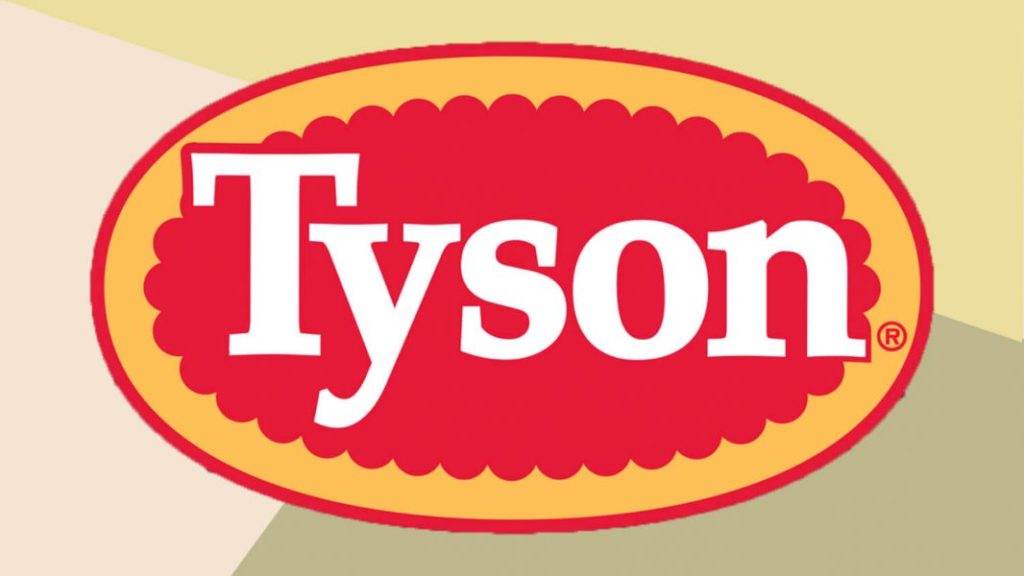Tyson Foods has created a new program called the Coalition for Global Protein, a multi-stakeholder initiative to advance the future of sustainable protein.
The coalition will be made up of leaders from the global protein industry, academics, non-governmental organizations, and financial institutions. Its first meeting will take place this week in Davos, Switzerland at the 50th World Economic Forum Annual Meeting and will be moderated by Laurence Haddad, executive director of Global Alliance for Improved Nutrition.
“We’re introducing this coalition because we know that we cannot achieve this alone. Collective commitment and immediate action are needed to deliver the greatest impact on the future of sustainable food production,” said Noel White, chief executive officer of Tyson Foods.
The objective of the coalition will be to increase the understanding of ongoing challenges the industry faces in terms of feeding a growing population. It will also come up with ways to achieve alternative and more sustainable protein options and other solutions along with pilot programs.
“We’re focused on uniting the world’s most influential, food-focused stakeholders around a shared purpose to build a future of protein that is sustainable and equitable across global communities – at every link in the supply chain,” said John R. Tyson, chief sustainability officer of Tyson Foods. “Igniting transformative change in our food system requires industry-wide collaboration and a willingness to go beyond our individual businesses through strong commitments and actions.”
With consumers becoming more curious about the food they eat, the demand for transparency in the supply chain has increased, putting pressure on the food industry to remain more sustainable and ethical than ever before, especially in livestock production, which has been widely criticized for its contributions to climate change.
This has fueled the meat industry to reevaluate its production strategies, and Tyson isn’t the only provider concerned. Last year the board of North American Meat Institute, which represents 95 percent of red meat processors and 70 percent of turkey products, unanimously agreed to encourage companies to share their sustainability practices. It’s board of directors also debuted a list of advisors to help companies implement best practices.
Furthermore, a Neilson study found 45 percent of consumers say they are more inclined to purchase products that commit to sustainability.
As of now, the specific stakeholder involved in the coalition has yet to be announced but with a range of specialists varying from academics to non-governmental and finance, it looks like Tyson has garnered no shortage of experts to help mitigate this growing epidemic. The public can expect the coalition to provide a report on commitments and progress throughout 2020.












Join or login to leave a comment
JOIN LOGIN